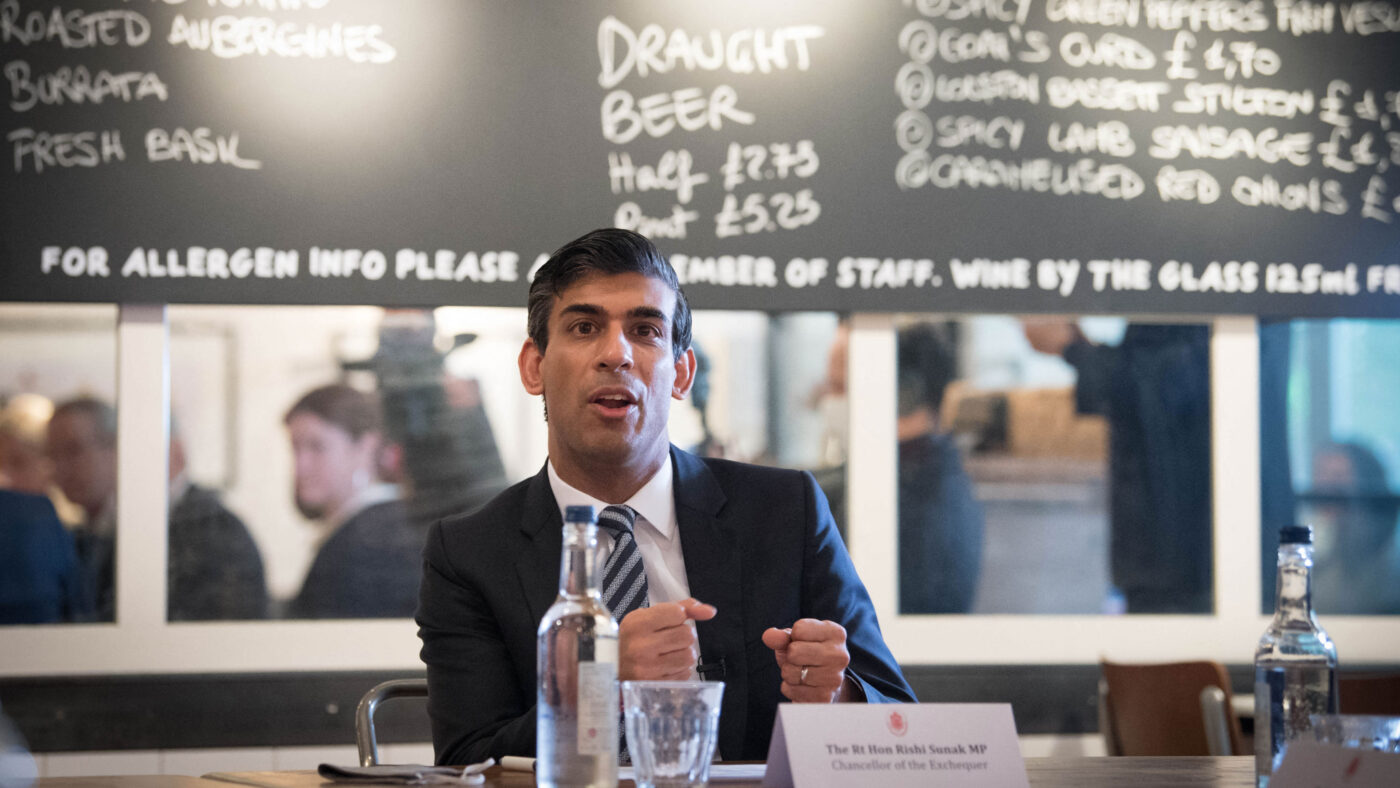For several reasons, the looming Covid-19 inquiry fills me with dread. For starters – and I accept that this is quite a personal one – it probably means several more years of having to write about Boris Johnson. CapX’s editor-in-chief Robert Colvile set out some more serious ones in yesterday’s Sunday Times: it will be adversarial, it will be very slow, it will be very expensive, and at the end of it we probably won’t know all that much more than we did at the beginning.
But Sunday’s papers also trailed another reason: it means we will probably have to litigate all over again the battle between political decision making and, to properly capitalise it, The Science.
The Observer reported that: ‘Sunak under fire as ‘stupid’ Eat Out to Help Out scheme to be focus of Covid inquiry’. It quotes Professor John Edmunds, of the London School of Hygiene and Tropical Medicine, attacking the then-Chancellor for apparently not consulting the scientists before rolling out the controversial programme:
‘If we had [been consulted], I would have been clear what I thought about it,’ said Edmunds. ‘As far as I am concerned, it was a spectacularly stupid idea and an obscene way to spend public money.’
Now, it is possible that Edmunds’ complaint is merely that Sunak’s failure to consult means that he did not have all the evidence to hand, and thus did not make the best-informed decision possible, whilst still respecting his right to make the final decision according to his own judgement.
But if the Prime Minister were to come out and say that nothing he has learned since would have changed his mind about the policy, he would almost certainly be generally execrated for such idiot defiance of The Science. Because during the pandemic, too many people seemed minded to simply outsource policy decisions to the scientists and public health organisations providing the Government’s expert advice.
Obviously, it would be grossly irresponsible for any government at such a time to ignore the data, or the recommendations of those best placed to understand it and its implications. But contra the implicit assumption of the technocratic mindset, not even the most frightening facts lead automatically to particular policy choices.
The reason politicians have to take the final decisions is not merely because, in a democratic state, they have a mandate to do so. It’s because they have to weigh a broad range of competing interests and values, and make often very difficult judgements about trade-offs.
Any body focused on public health, whether a scientific institution, healthcare agency, or campaign group, tends naturally to develop tunnel vision. Their goal is to maximise a specific health outcome, measured on whatever metric matters to the organisation: preventable deaths, smoking rates, whatever.
Yet such bodies have neither the professional obligation nor, perhaps, the expertise to appreciate countervailing arguments. There may be good reasons, at least in a liberal society, why the optimal level of public health is not the maximum possible level of public health – not least the simple fact that many people enjoy unhealthy things!
Sadly, that sort of qualitative and highly individual good is very difficult to track or mobilise the state around. What government can understand is money, which is why the debate over public health and lifestyle freedom so often descends into an argument over whether the net cost to the public purse outweighs the revenue to the Treasury.
Eat Out to Help Out is a case in point. There are several grounds on which it can be criticised, not least spending public money on a subsidy when most households had spent months under-spending due to being locked in doors, so it arguably wasn’t necessary.
But for Sunak’s most trenchant critics, the attack is that he encouraged people to go out and mingle when it would have more effectively hindered the spread of the pandemic to keep everyone locked down – and the inquiry risks becoming an arena in which that Zero Covid-style argument can be relitigated all over again.
Perhaps it will be easier to make the case that there were things – the economy, people’s mental health, children’s education, the sheer pleasures of normal life – which needed to at least weigh in the scales against the imperative to stop the spread as much as humanly possible. But it could just as likely become nothing more than a useful stick with which to beat an unpopular government.
Click here to subscribe to our daily briefing – the best pieces from CapX and across the web.
CapX depends on the generosity of its readers. If you value what we do, please consider making a donation.


